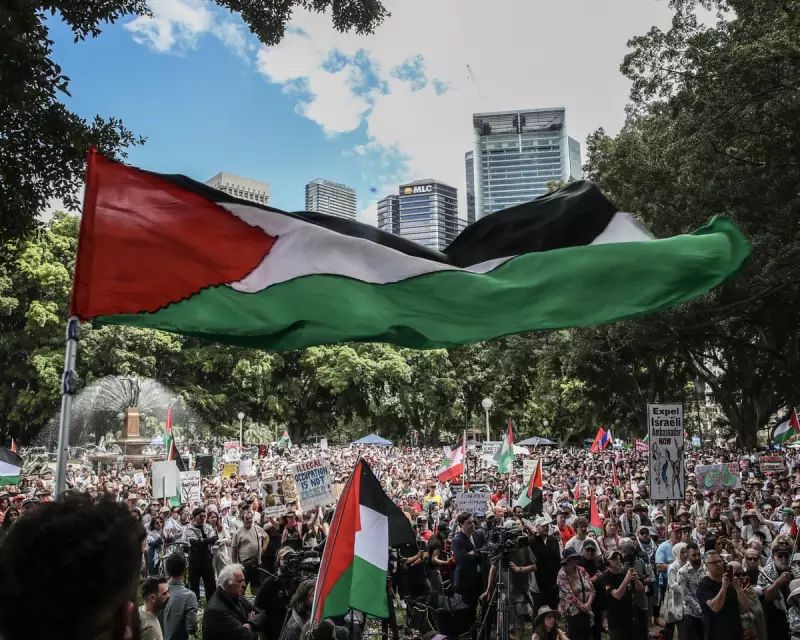
In a landmark decision that represents a major victory for civil liberties, the New South Wales Supreme Court has struck down the state's contentious anti-protest laws as unconstitutional. The ruling comes after a successful legal challenge mounted by activists from the Palestine Action Group.
Court Delivers Blow to Government's Protest Crackdown
The controversial legislation, which granted police sweeping powers to search and detain protesters without warrant, has been declared invalid by the full bench of the Supreme Court. The laws had faced widespread criticism from human rights organisations and legal experts who argued they fundamentally undermined democratic rights to peaceful assembly.
The court found the laws imposed disproportionate restrictions on political communication, a protected implied freedom under the Australian Constitution. This represents a significant constitutional check on state government power and sets an important precedent for protest rights nationwide.
Activists' Victory Against Government Overreach
The successful challenge was brought by members of the Palestine Action Group who had been targeted under the legislation during demonstrations. Their legal team argued that the laws effectively criminalised peaceful protest and created a chilling effect on political expression.
"This is a victory for every Australian who believes in the right to protest," declared a spokesperson for the civil liberties organisations that supported the case. "The court has sent a clear message that governments cannot simply outlaw dissent they find inconvenient."
What the Ruling Means for Future Protests
- Immediate invalidation of the anti-protest legislation
- Restoration of traditional protest rights in New South Wales
- Strengthened constitutional protection for political communication
- Potential challenges to similar laws in other states
The NSW government now faces the prospect of either accepting the court's ruling or attempting to draft new, more narrowly tailored legislation that can withstand constitutional scrutiny. Legal experts suggest any new laws would need to carefully balance public order concerns with fundamental democratic rights.
This decision marks one of the most significant judicial interventions into protest law in recent Australian history and is likely to influence similar cases across the country for years to come.





